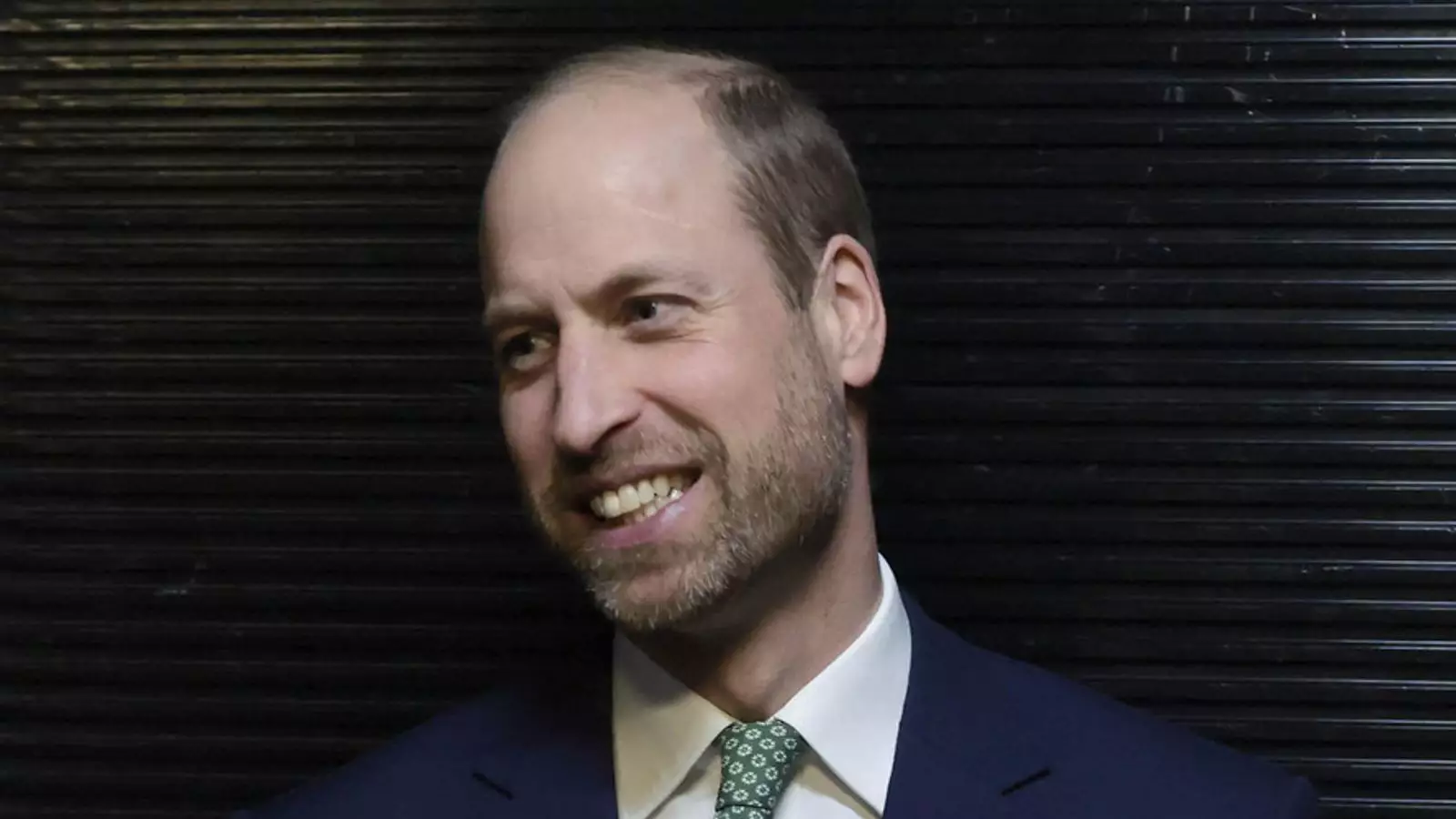The role of the British monarchy has evolved significantly over the centuries, and recent comments by Prince William suggest a continued shift towards a more modernized approach. His remarks during a recent tour in South Africa highlight a growing emphasis on empathy and impact over traditional royal duties. This article delves into Prince William’s perspective and what it may mean for the future of the monarchy.
Prince William’s candid expression of wanting to serve with “a smaller R in the royal” marks a clear departure from the traditional image of monarchy that has often been perceived as distant and aloof. By indicating that he wants to adopt a more personable style of leadership, the Prince emphasizes the importance of connecting with contemporary issues and younger generations. William believes that a more relatable approach can help bridge the gap between royals and the public, fostering an atmosphere of trust and cooperation.
His declaration to pursue “impact philanthropy” signals an intention to place greater focus on tangible results rather than ceremonial appearances. The idea is not merely to attend events for the sake of tradition, but to collaborate with communities, organizations, and individuals to create meaningful change. By doing so, Prince William aims to transform the monarchy’s function, making it relevant to modern society and reflecting the values of a younger audience.
Central to Prince William’s philosophy appears to be the concept of empathy. He stresses the need for more empathetic leadership globally, particularly during challenging times. His acknowledgment of personal struggles, such as family health issues, allows him to connect on a deeper level with those facing their own difficulties. This emphasis on empathy not only humanizes the royal family, but it also resonates with citizens who often feel overwhelmed by the rapid changes in the world.
Moreover, Prince William’s focus on empathy may cultivate a culture of compassion within the royal framework, encouraging others in positions of influence to adopt similar principles. In a modern context, where many are calling for leadership rooted in understanding and cooperation, his stance could set a precedent for other royals and public figures.
During his tour, Prince William highlighted significant initiatives like Earthshot, aimed at tackling environmental issues, and Homewards, focused on homelessness solutions. His commitment to these causes underscores a vision of the monarchy as an active participant in global challenges rather than a passive observer. By placing philanthropic efforts at the forefront of royal duties, William seeks to redefine what it means to serve as a member of the royal family.
The inherent value in this approach lies in its collaborative nature. Instead of operating in isolation, Prince William is keen on convening diverse groups to tackle pressing social issues, which marks a strategic shift in royal engagement. This evolution demonstrates a recognition that many of the biggest challenges today require collective effort and cross-sector partnerships.
As he navigates through a particularly tough year marked by personal challenges, Prince William reflects a resilience that many can admire. His vision for their future royal engagements, including possibly more participation from Kate Middleton, hints at a collaborative family effort that aligns with his values of empathy and proactive service. Although he holds family priorities, particularly concerning their children’s education, his openness to expanding the royal family’s public presence suggests an ongoing transformation in how the monarchy interacts with the world.
Prince William’s recent comments illuminate a fresh perspective on monarchy rooted in empathy, collaboration, and community impact. As he prepares to lead with these principles, the future of the British royal family appears bright and potentially more aligned with the needs and expectations of a contemporary society. With this new direction, the monarchy may find itself becoming not just a symbol of tradition, but a catalyst for change.


Leave a Reply